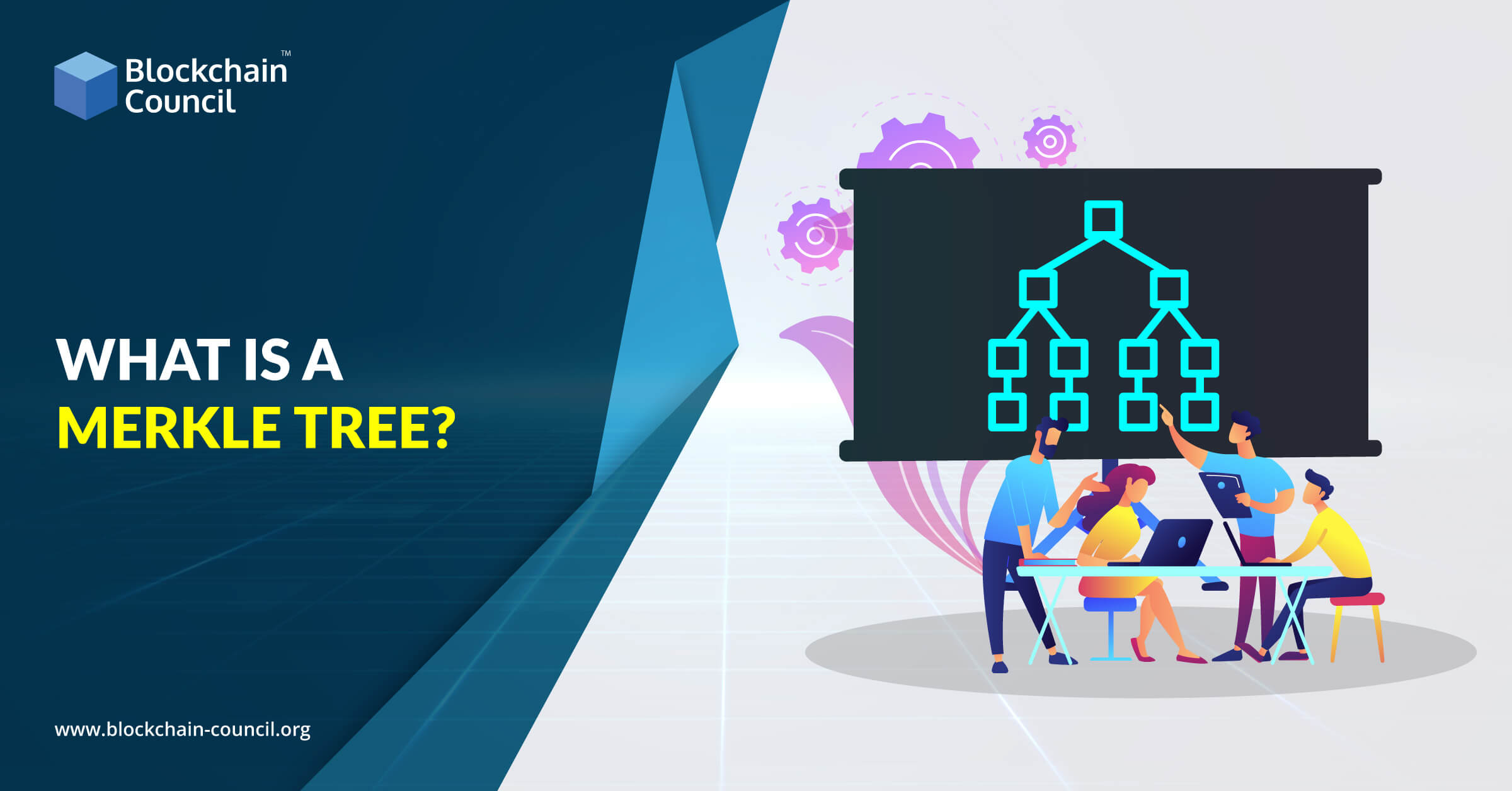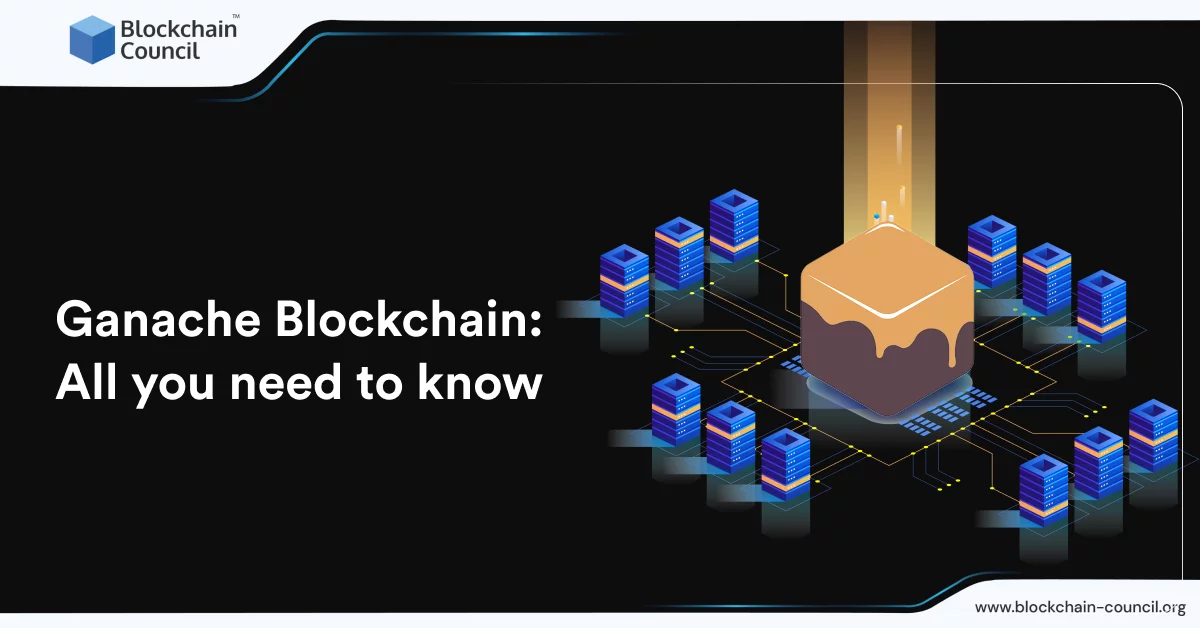
- Toshendra Kumar Sharma
- April 20, 2020
Have you heard about the blockchain technology for environmental sustainability? The article describes the top use cases that show how this technology is saving the environment for the best.
Learning Of Blog
- Introduction
- Does blockchain matter for environmental sustainability?
- Top use cases of blockchain in the environment
- The Verdict
Introduction
The usage of plastic bags is skyrocketing, even though many states have been marked as no plastic states. But without adequate environment policy and innovative technology, it is next to impossible to save our environment. New technologies like blockchain have leveraged to bring a change, making the world a better place to live.
Before we dig into how blockchain effects environment, let’s have a quick read on what this technology is all about
Blockchain, a distributed ledger, is a chain of blocks where digital information is stored in the public database, called a chain. It follows a decentralized approach, which means there is no central authority involvement, and this makes the technology unique.
As this technology is revolutionizing at an alarming rate, the scope and career opportunities are beyond imagination. If you are looking to start a profession in this direction and want to become a blockchain expert or a blockchain developer, favorable chances are on its way.
Does Blockchain Matter For Environmental Sustainability?
For blockchain to be sustainable, the technology has to deal with technical and political challenges, and there is no denying the fact that this technology cannot solve this problem overnight. But the ability of blockchain to offer a provable record of who exchanges what and with whom – and therefore who has what at a given time is one of the key factors that is making ecosystem environment-friendly.
Few top companies are trying to solve the severe problem of environmental degradation by using blockchain as a medium.
For example, PlasticBank is encouraging plastic removal and recycling through cryptocurrency and blockchain systems. On the other hand, WePower focuses on improving visibility on energy usage for conservation with the help of this technology shows how organizations are using this technology as a means for the livable environment.
From the above discussion, it is clear that technology has its own remarkable way of saving the complete ecosystem.
Top Use Cases Of Blockchain in The Environment
Blockchain can address environmental challenges that include climatic change, loss of biosphere integrity, water scarcity, and more than that. Here are the top use cases.
Reward For Recycling
As plastic continues to degrade the environment, it is estimated that by 2100 global waste is expected to increase by 4 million tons threshold. Be it oceans or eyesores, earth’s water bodies are severely contaminated. Various projects are created to give tangible value via cryptocurrencies to participants. Cryptocurrencies are offered to those who recycle, thus providing better prices while reducing fees by avoiding currency differences.
Such programs are beneficial, especially in developing countries, to offer a sound incentive to recycle wastes via a reliable, easily accessible means of income.
Environmental Non-Profit Monitoring
Blockchain, a distributed ledger technology, can provide transparency to the donors, meaning it reduces the risks of fake charities. With the help of this methodology, donors can precisely see where their funds are landing.
There are various companies in support like for example, GiveTrack, that strives to offer real-time, transparent reporting on fundraising numbers and objectives with the mission to leverage blockchain technology to revolutionize beneficence.
Environmental Treaty Enforcement
According to the statistics by International Environmental Agreements (IEA), there are 2,294 bilateral environmental agreements, 1,311 multilateral environmental agreements, and 250 other types of environmental approvals. But the current world is in semi-chaos on how to sustain our ecosystem as the decline is increasing every day. Are these agreements no more than vain promises is a top concern.
Blockchain can be seen as a methodology to log treaty progress concerning participating nations on an immutable, interoperable ledger to grant broader oversight. United Nations are handling various blockchain funded projects to improve adherence to potential smart contracts.
Tracking Mechanism To Reduce Waste
>As incentivizing better habits through the issuance of cryptocurrencies has proven to be an effective method for producing more responsible behaviors, Blockchain ledgers can also establish a framework that can track individuals and businesses waste disposal habits. Furthermore, it can also suggest identifying where more improvements are required.
The Verdict
The major challenge that still lies is to unlock the potential in a way that ensures inclusion, security, interoperability, and scalability. To what extent the technology will succeed depend on the level of responsible development and its adoption, this will further require, fit-for-purpose and new supportive regulatory, legal systems, and societal understanding and acceptance.
To get instant updates about Blockchain Technology and to learn more about online blockchain certifications and become a blockchain expert, check out Blockchain Council.






































































 Guides
Guides News
News Blockchain
Blockchain Cryptocurrency
& Digital Assets
Cryptocurrency
& Digital Assets Web3
Web3 Metaverse & NFTs
Metaverse & NFTs
